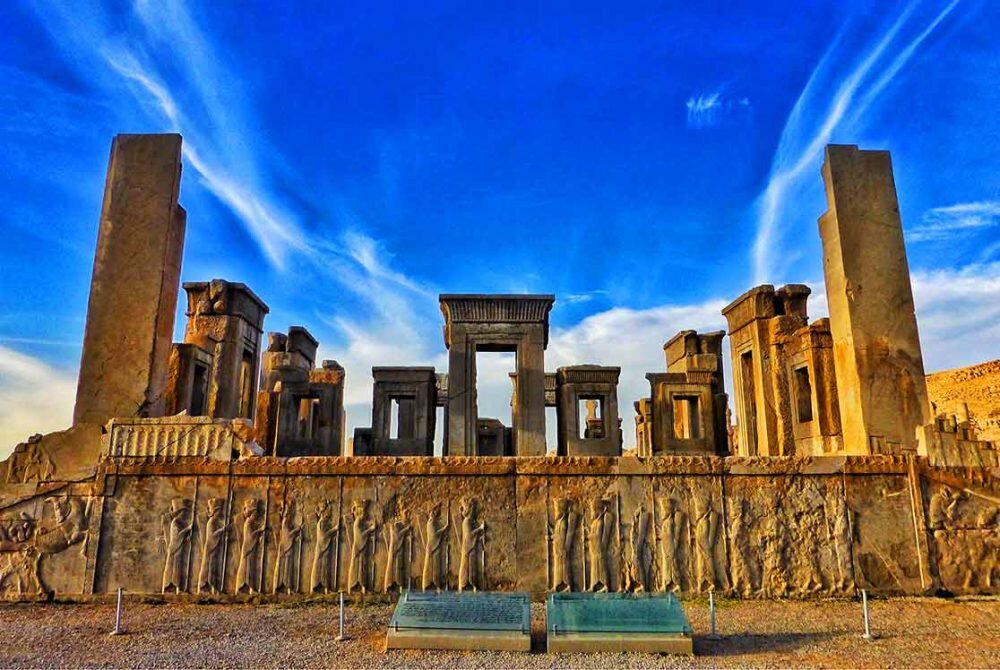Tourism infrastructure needs to be developed in Persepolis

TEHRAN—Tourism infrastructure on the premises of the UNESCO-registered Persepolis in the southern province of Fars needs to be developed, an official with the provincial government has said.
Due to the importance of tourism in Marvdasht county, tourists should be provided with welfare services, especially around Persepolis, ISNA quoted Mohammad Farrokhzadeh as saying on Saturday.
There is a need to increase the number of accommodation centers and meet other tourist needs such as restaurants and recreation services for families in this area, the official added.
Considering the various capacities of the province’s tourism, including historical, medical, and nature tourism, the region offers a unique opportunity to the private sector’s investors, he explained.
The province’s tourism authorities will also facilitate work for the investors in the tourism field, he noted.
Persepolis, also known as Takht-e Jamshid, whose magnificent ruins rest at the foot of Kuh-e Rahmat (Mountain of Mercy), was the ceremonial capital of the Achaemenid Empire. It is situated 60 kilometers northeast of the city of Shiraz in Fars province.
The royal city of Persepolis, which ranks among the archaeological sites which have no equivalent, considering its unique architecture, urban planning, construction technology, and art, was burnt by Alexander the Great in 330 BC apparently as revenge against the Persians because it seems the Persian King Xerxes had burnt the Greek City of Athens around 150 years earlier.
The city’s immense terrace was begun about 518 BC by Darius the Great, the Achaemenid Empire’s king. On this terrace, successive kings erected a series of architecturally stunning palatial buildings, among them the massive Apadana palace and the Throne Hall (“Hundred-Column Hall”).
This 13-ha ensemble of majestic approaches, monumental stairways, throne rooms (Apadana), reception rooms, and dependencies is classified among the world’s greatest archaeological sites.
ABU/AM
